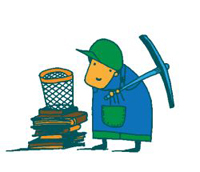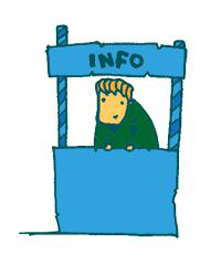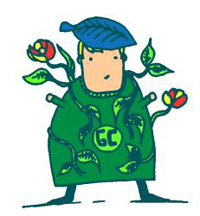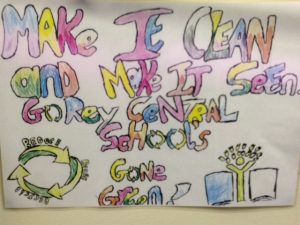As part of the The Department of Education curriculum, your child will be woking through a programme of Social, Personal and Health Education (S.P.H.E.)
This provides opportunities to foster the personal development, health and well-being of the individual child, to help him/her to create and maintain supportive relationships and become an active and responsible citizen in society.
As your chiild progresses the the SPHE Programme, he/she will encounter a wide range of issues. These will include substance misuse, relationships, sexuality, child abuse prevention, prejudice and discrimination.
N.B. All areas of this curriculum are approached in an age appropriate manner which is suitable for your child as determined byt he Department of Education.
You may wish to discuss the programme from time to time with your child. A copy of your child’s class programme is available for viewing if you wish. Please make an appointment through the Secretary to discuss it with the class teacher.

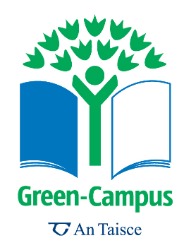
 Green-Schools is a themed and seven-step programme.
The Green-Schools programme for Litter and Waste is based on Seven Steps. These steps are outlined in the chart below. The most important aspect for schools to remember is that every school is different and it is therefore critical that a school fits the seven steps around its circumstances and situation and NOT try and fit the school into the seven steps.
Green-Schools is a themed and seven-step programme.
The Green-Schools programme for Litter and Waste is based on Seven Steps. These steps are outlined in the chart below. The most important aspect for schools to remember is that every school is different and it is therefore critical that a school fits the seven steps around its circumstances and situation and NOT try and fit the school into the seven steps.




